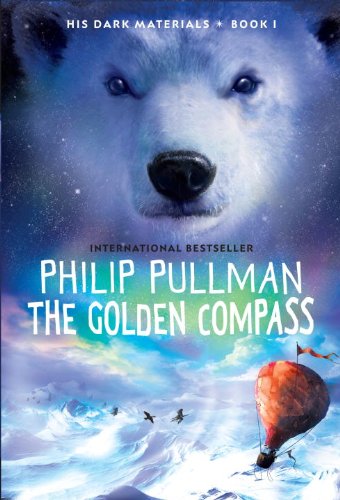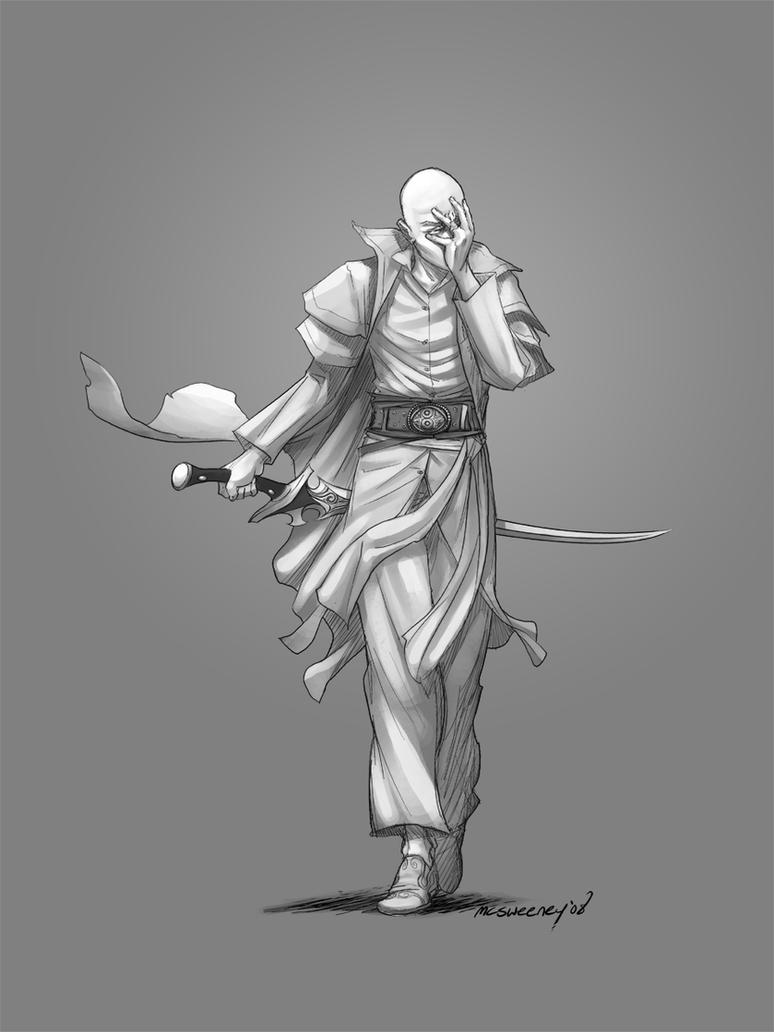 I would probably give The Lathe of Heaven 3.5 stars. It did keep my attention really well. It is considered by many to be a classic science fiction story.
I would probably give The Lathe of Heaven 3.5 stars. It did keep my attention really well. It is considered by many to be a classic science fiction story.The main idea of the story is the ability of George Orr. He can change reality, retroactively, with his dreams. This idea is explored throughout the book. I would have liked to see more of the actual dreams, but we never got those really, just brief descriptions of them. I did enjoy the main story though and thought that it was well written. I have a few complaints though.
First and foremost, the book definitely shows it's age. The story is set in 2002, though it never states this specifically you can infer it from information in the book. The "future" (the book was written in 1971) is a bleak hippie's worst nightmare. From 1971, when the book was released, to 2002 the world has:
1) Become overpopulated (at 7 billion, our current population) making food scarce, urban populations out of control, and housing and basic utilities have become communal affairs. this also has caused temporary "trial marriages" to be the norm.
2) Been devastated by man. Greenhouse gases from cars have melted the polar ice caps, caused a permanent haze to envelop the earth and scoured the earth with barren patches. Also, San Francisco was buried in garbage before it was enveloped by the sea.
3)
4) become drug dependent. People constantly need drugs to operate normally, there are even pharmacy vending machines in the future.
The over population thing is interesting as it has direct impacts on the story but the rest is political drivel of the early 70's. It took away from my enjoyment of the story somewhat. At times the ridiculousness of the situation the "future" is in made me laugh out loud.







